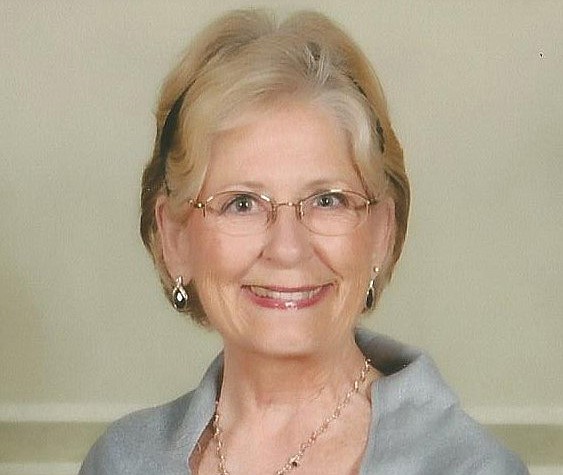Since moving to town and opening an account with a local bank, I've become convinced some of its practices aren't to be trusted. I plan to change banks this week, but should I let authorities know my suspicions? – Lawrence Law-Abiding
Dear Mr. LA: Absolutely notify banking authorities of your suspicions if you have "proof," especially when doing so means you'll protect future customers. On the other hand, don't turn the bank in simply based on a gut reaction. Start with the Federal Reserve System, which is responsible for carrying out most of the laws that protect us in our dealings with financial institutions. For example, the Federal Reserve can help you or any individual customer by:
* Answering questions about banking practices
* Investigating complaints about specific banks under its supervisory jurisdiction
* Referring concerns to the correct federal agency if, for some reason, the (complaint) institution isn't supervised by the Fed.
The Federal Reserve is particularly concerned that state member banks comply with federal laws and regulations that prohibit discrimination in lending. In such cases, additional steps are taken to ensure that your complaint is promptly and thoroughly investigated.
Just as with any other company complaint, obviously I hope you first tried to settle the problem experienced with your local bank, such as directly contacting senior bank management or the bank's customer service representative for assistance. If you've tried these options with no success, then it's time to write the FED. (Board of Governors of the Federal Reserve System, Division of Consumer and Community Affairs, 20th and C Streets, N.W., Stop 801, Washington, DC 20551. Call 202-452-3693 for more information.) Be sure to include the following:
* Your name, address and daytime telephone number, including area code
* Name and address of the bank involved in your complaint or inquiry
* Your bank and/or credit card account number
* The name of the person you contacted at the bank, along with the date
* Full description of the complaint with as much info as possible
Copies of any letters or other documents that may help the Federal Reserve to investigate your complaint. Never send original documents.
Sign and date your letter.
When these Big Boys - the 12 regional Federal Reserve Banks that make up the Fed – step in and start playing, they'll investigate the member bank (yours) and examine each issue you raised in your letter. Not only must the bank submit information and records in response to your complaint, the Fed then analyzes the bank's response to your complaint. Once satisfied, the Fed sends a letter about its findings. In fact, if this investigation shows a federal law or regulation was violated in any way, the Big Bank will inform you of the violation, as well as the action it directs the member bank to take.
Contact Ellen Phillips at consumerwatch@timesfreepress.com
